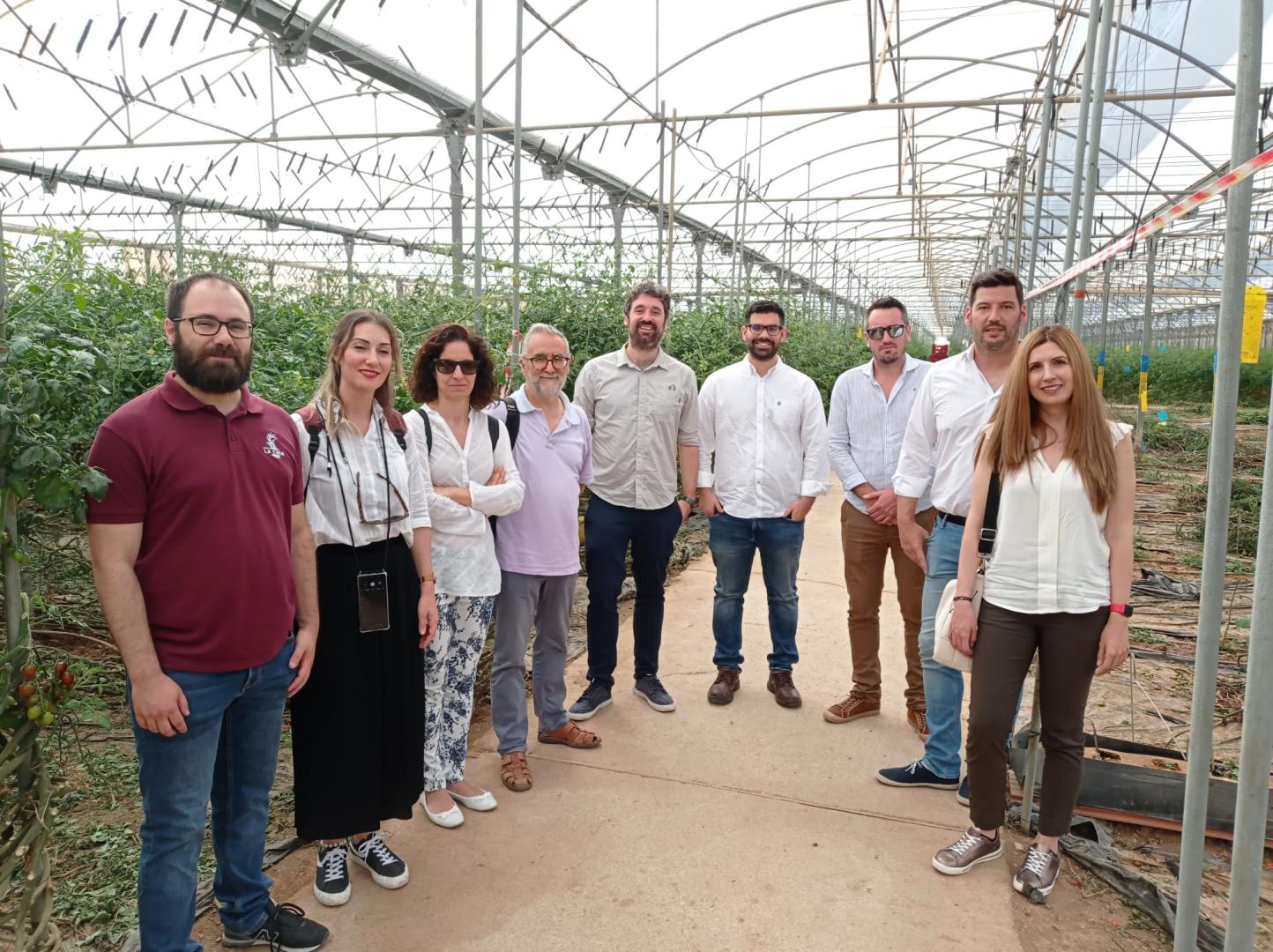The partners of the Andalusian 'Living Lab' of the ZeroW project meet at the facilities of Grupo La Caña to reduce food waste

- The meeting took place at Grupo La Caña in Motril (Granada), where a pilot project of a system for the detection and recovery of imperfect food will be carried out.
- The European ZeroW project aims to support the transformation of the current food system towards a new model seeking to halve food loss and waste by 2030 and to make it practically non-existent by 2050.
The meeting of the Andalusian living lab of the European project ZeroW (Systemic Innovations Towards a Zero Food Waste Supply Chain) took place at the facilities of Grupo La Caña in Motril (Granada), where a system for the detection and recovery of imperfect food will be developed to help reduce food waste.
CTA is leading this living lab or experimentation environment for co-create innovation, with the Andalusian Institute for Agricultural, Fisheries, Food and Ecological Production Research and Training (IFAPA), dependent on the Regional Ministry of Agriculture, Livestock, Fisheries and Sustainable Development of the Andalusian Government, Grupo La Caña and the company Multiscan Technologies.
Multiscan Technologies will be responsible for the development of a technology whose main innovation lies in the combination of artificial intelligence and real-time data processing techniques with further hardware development. This technology will facilitate the deployment of non-destructive sensors in industrial environments, enabling the processing of around 300,000 tomatoes per hour.
Living labs are open, user-centred innovation ecosystems that embed research and innovation processes in real-life environments and communities.
About ZeroW Project
The project will create 9 living labs in Europe and develop evaluation activities to ensure the environmental and economic sustainability of solutions in the long-term. It will support the transition to a zero food waste system by focusing on the different stages of the value chain, thus involving farmers, food producers, food processors, retailers, research centres, Digital Innovation Hubs (DIHs) and clusters, among others.
Each living lab will address specific system blockages and propose data-driven solutions from a systemic innovation approach to ensure future sustainability and scale-up of the innovations developed.
ZeroW is a project funded by the Horizon 2020 programme through the call dedicated to the European Green Deal. It has a budget of €12M and 46 partners from 17 European countries participate.